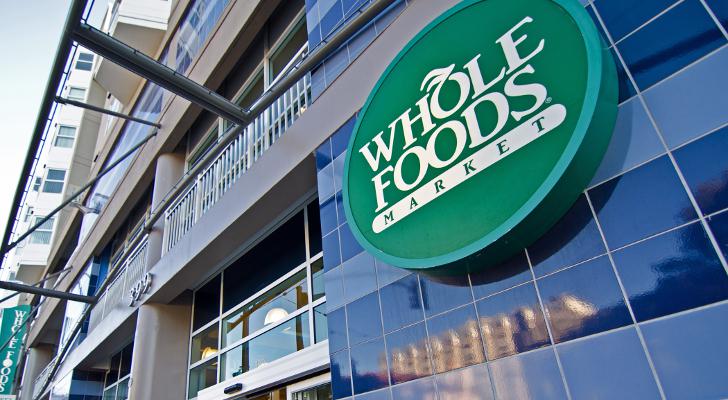Deal valued at $13.7B
June 16, 2017
Progressive Grocer
Amazon.com has reached a definitive merger agreement with Whole Foods Market Inc. in which Amazon will acquire the Austin, Texas-based natural and organic grocer in an all-cash transaction valued at $13.7 billion, including Whole Foods’ net debt.
Whole Foods will continue to operate its stores under the Whole Foods Market brand and source from trusted vendors and partners worldwide. John Mackey will remain as CEO of Whole Foods, and the grocer’s headquarters will stay in Austin.
Under Amazon’s ownership, Whole Foods will stay true to its heritage in free-from and ethically sourced products, the grocer said in an e-mail to its customers.
“No artificial flavors, colors, preservatives, sweeteners or hydrogenated fats will ever be in any of the food we sell,” the e-mail said. “Meat will still come from animals raised with no-added growth hormones, ever. And all eggs in our dairy cases will continue to come from cage-free hens that aren’t given antibiotics. Those standards are core to Whole Foods Market and we will remain committed to them.”
“Millions of people love Whole Foods Market because they offer the best natural and organic foods, and they make it fun to eat healthy,” said Jeff Bezos, Amazon founder and CEO. “Whole Foods Market has been satisfying, delighting and nourishing customers for nearly four decades – they’re doing an amazing job and we want that to continue.”
Mackey praised the deal, noting that the “partnership presents an opportunity to maximize value for Whole Foods’ shareholders,” while extending its mission and “bringing the highest quality, experience, convenience and innovation” to customers.
Completion of the transaction is subject to approval by Whole Foods’ shareholders, regulatory approvals and other customary closing conditions. The parties expect to close the transaction during the second half of 2017.
A Long Time Coming?
There had been speculation surrounding a potential Amazon-Whole Foods deal, as well as other retailers such as Kroger and Albertsons being named as potential suitors. However, Amazon was arguably the most likely suitor, given Bloomberg’s report that the Seattle-based ecommerce giant considered a takeover of the chain last fall but didn’t go through with the deal.
The news of the Amazon-Whole Foods merger follows a report in April that investment firm Jana Partners and several food retail experts purchased a 9 percent stake in Whole Foods, collectively making them the chain’s second-largest investor. The group did so with the intent of holding discussions with Whole Foods’ board and management on several topics, among them changing the makeup of the board and management, advancing brand development, and addressing deficiencies in areas such as customer loyalty, analytics and other digital and technological capabilities. Soon after, mutual fund manager Neuberger Berman urged for an outright sale of the grocer.
Last month, Whole Foods reported its seventh consecutive quarter of declining same-store sales. It also unveiled an “accelerated path” for growth, supported by category management and pricing initiatives, enhanced marketing and Affinity programs, and “disciplined organic growth.” Additionally, the retailer named Keith Manbeck, a veteran of retailer Kohl’s, its new CFO, and added five new board members while naming two current members board chair and chair of the board’s nominating and governance committee.
Subscribe to our free mailing list and always be the first to receive the latest news and updates.

